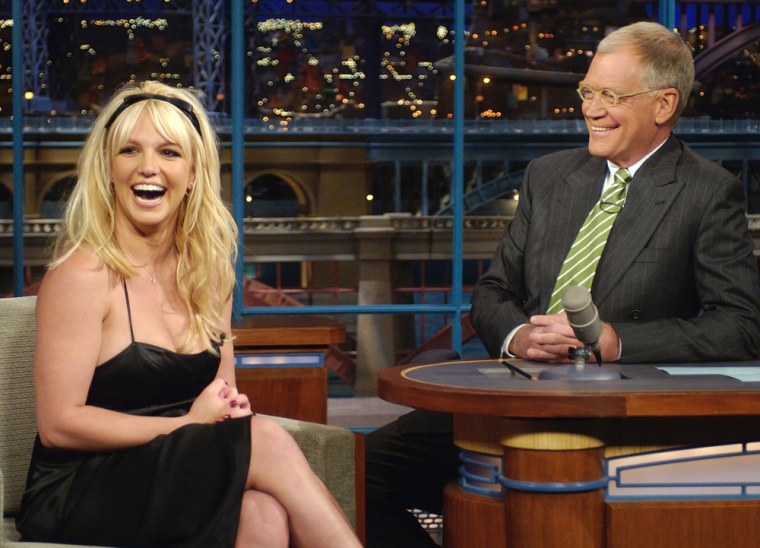Whenever there's a movie, a CD, or a book to plug, even the most fickle stars become oh-so-bookable guests on late-night TV.
Yet with almost the entire slate of TV talk shows off the air, the tables have turned on Jerry Seinfeld, Kevin Spacey and Paul Giamatti, who won't be talking up their new movies with Jay Leno this week as planned. Chris Daughtry, Chamillionaire and 50 Cent won't be pushing their new albums on David Letterman's show, either.
With their writers on strike, Leno and Letterman — along with fellow late-night hosts Jimmy Kimmel, Jon Stewart, Conan O'Brien, Stephen Colbert, Craig Ferguson and Carson Daly — are running repeats.
And just like that, celebrities are forced to look elsewhere to promote their latest projects.
"It's a tremendous loss not to have Letterman, Leno and these other shows as an opportunity to promote a project," said publicist Alan Nierob, who represents such A-listers as Jamie Foxx, Denzel Washington and Russell Crowe. "Those shows are an integral part of promotion for a film, TV show, album or book."
Celebs can still look to daytime shows — "Today," "The View," "Live with Regis and Kelly" and "Good Morning America" — as possible promotional outlets because they are unaffected by the Writers Guild of America strike, which began Monday.
Also not affected by the WGA action are CNN's "Larry King Live" and entertainment news shows such as "Access Hollywood" and "Entertainment Tonight," all of which offer limited pitch potential.
But such programs often secure guests far in advance, making it hard these days for any last-minute additions. "We booked all of our big celebrity guests for the next several weeks, months ago," said "Good Morning America" spokeswoman Bridgette Maney.
The promotional panic hasn't set in yet for Fletcher Foster, senior vice president of marketing for Capitol Records. But it will soon. The label is gearing up for its fourth quarter, he said, "a crucial time for superstar releases to come out."
The artists are depending on "The Tonight Show" and other TV talkfests "to help promote these records going into the holiday season," Foster said.
Foster said Capitol's marketing team will "go back to your tried-and-true print press." He also expects that the Internet "will probably be a huge place for us to go."
Maybe that's not a bad thing: The audience is already heading there, said Jerry Del Colliano, a music-industry professor at University of Southern California.
"Traditional media needs the exposure on the talk shows, but what they really need is to go where the audience is migrating to, and that is the Internet," he said. "They have no choice if they want to promote themselves."
Many artists already have personal Web sites or MySpace pages, and Internet programming is always on the increase. Some young people watch TV exclusively on their computers, Del Colliano said.
AOL airs video programs dedicated to music, movies and television. MySpace also offers special shows and promotional features. And there's always YouTube.
"I think we will start getting more and more (artists)" as the strike continues, said AOL spokesman Kurt Patat. "They might just pop in to perform the single or do an interview just so they can keep their names out there."
Longtime publicist Howard Bragman notes that late-night talk shows are "one small part of an overall campaign that includes PR, advertising and online."
"We realize how important the Internet is and how important it is for something to go viral in a good way," he said. "We certainly use every channel we can to promote projects."
The temporary demise of the late-night talk show won't be too devastating, Bragman said, because every artist, record label, network and movie studio faces the same promotional challenge.
"It's not really a tragic loss in terms of how we're going to promote our projects," he said, "because everyone has the same problem."
